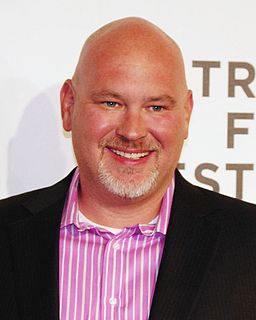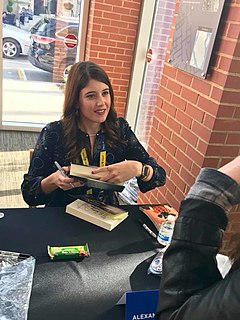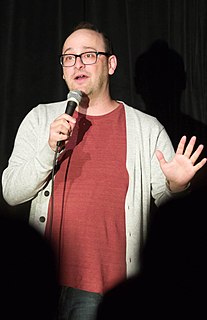A Quote by George Takei
I spent my boyhood behind the barbed wire fences of American internment camps and that part of my life is something that I wanted to share with more people.
Related Quotes
Growing up, I didn't know about the Japanese internment camps until I saw a movie of the week as an adult. I remember going, 'How come that wasn't covered in history class?' Moving to California, you run into people whose grandparents lost everything and their businesses and were put in these internment camps.
My second epiphany came as an intern at the Carnegie Endowment for International Peace. The man I worked for was consumed with what was going on in Bosnia. And the more I knew [about it] the more saddened I was. There were these images of emaciated men behind barbed wire.... It was like, I've got to find a way to do something.


































